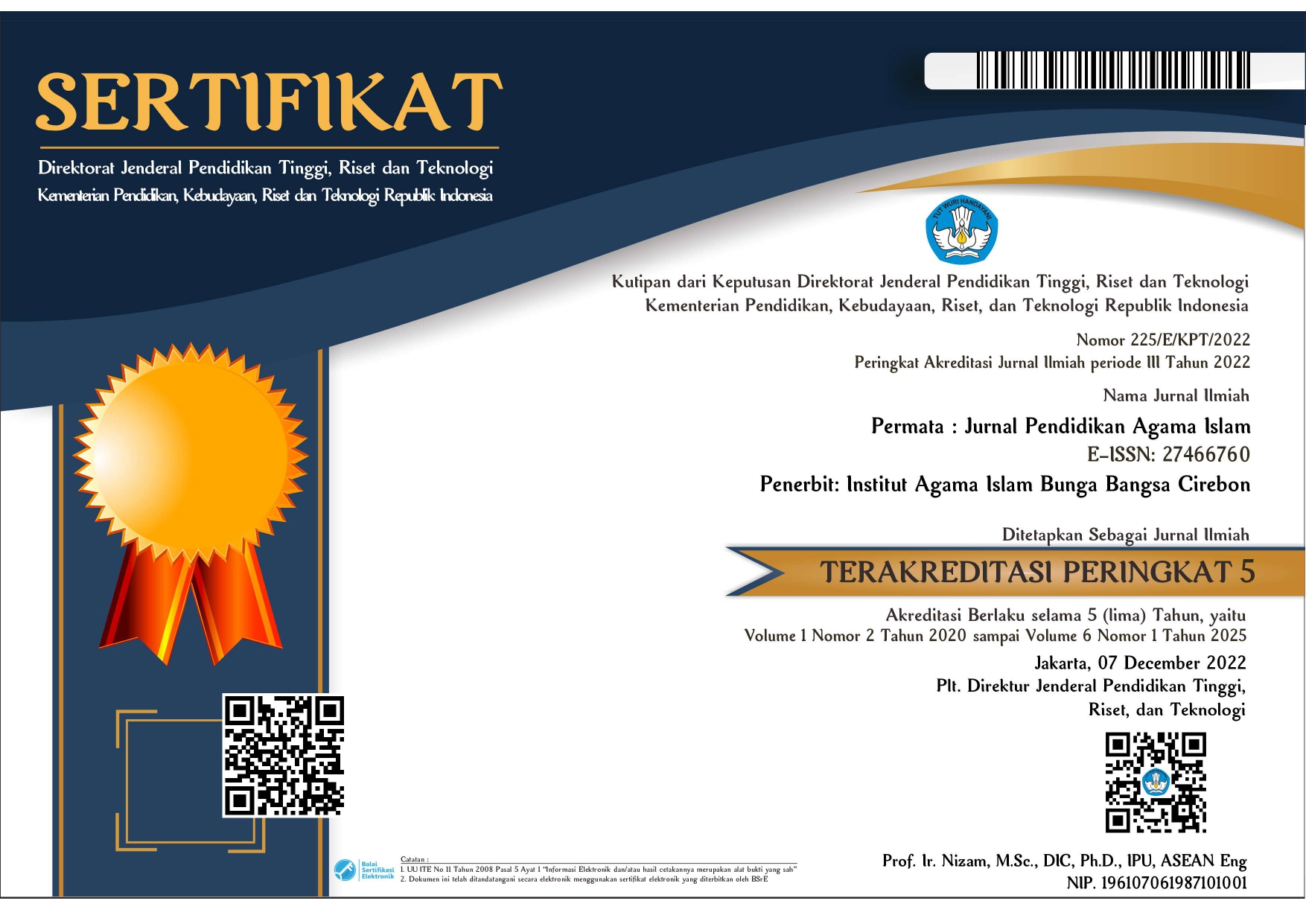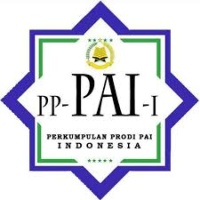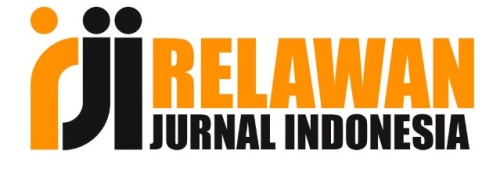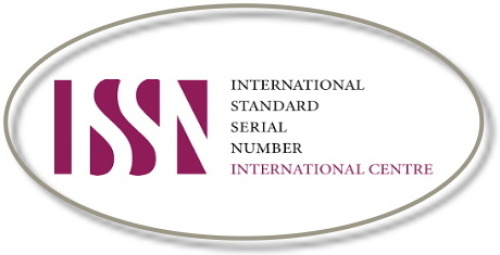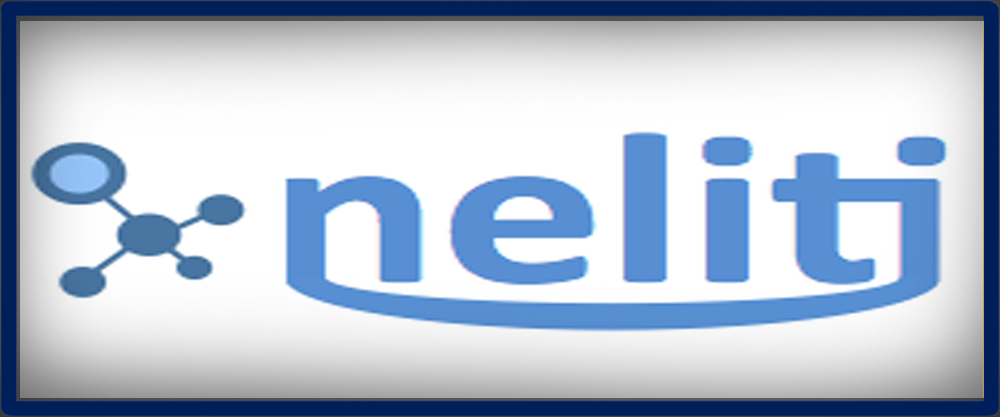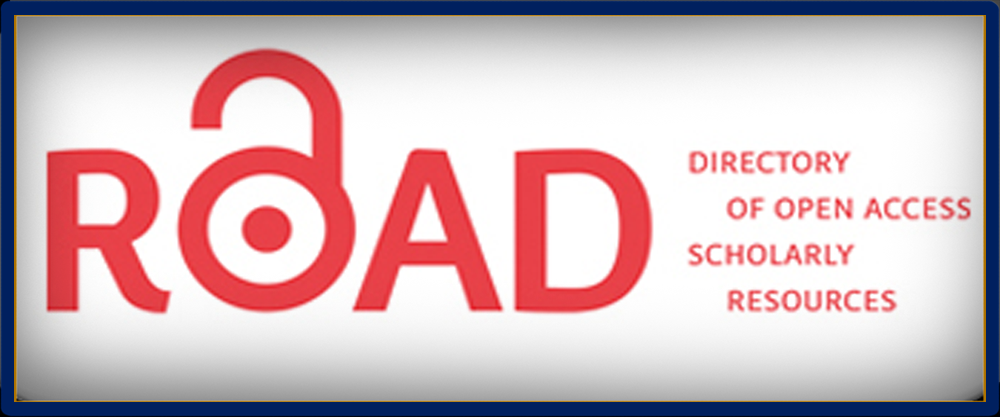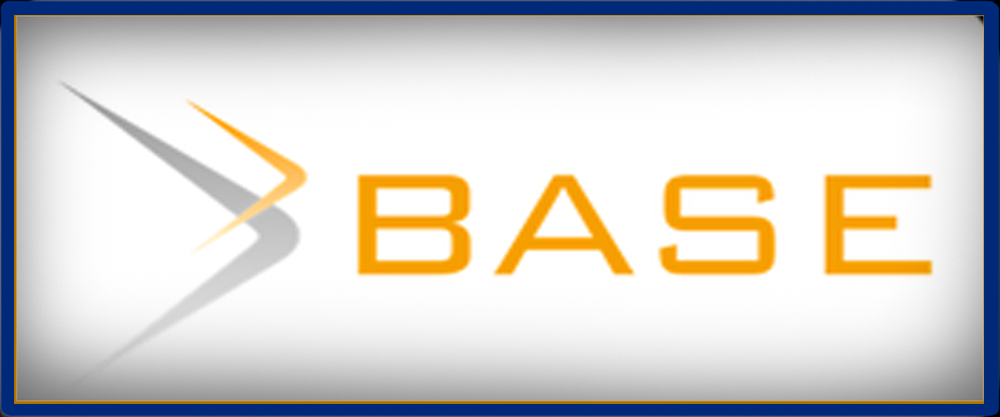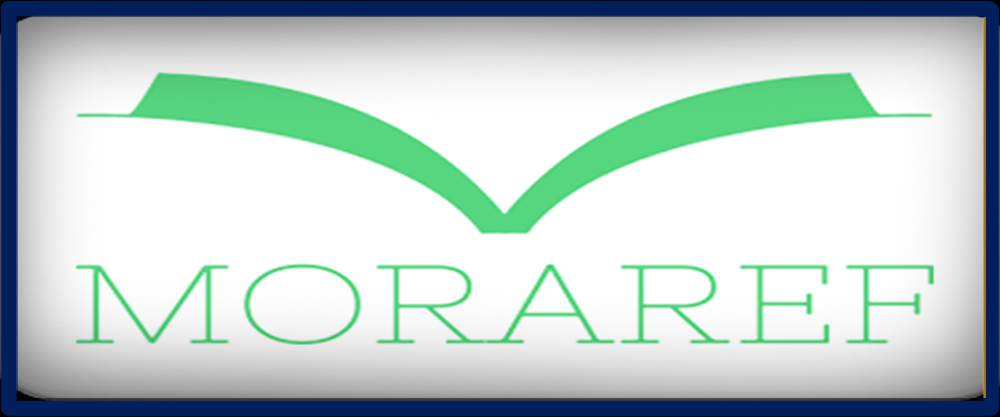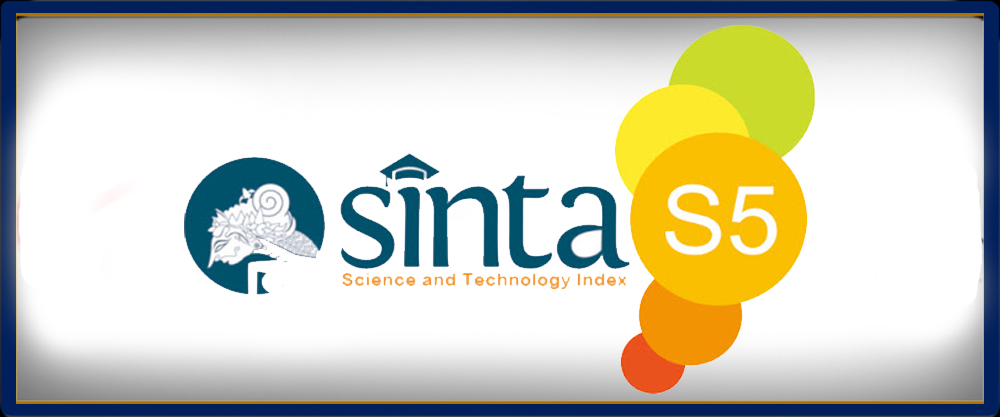Implementasi Metode Jibril dalam Mengembangkan Pembelajaran Al-Qur’an di Pondok Pesantren Ilmu Al-Qur’an Singosari
Abstract
In simple terms, the implementation of learning can be interpreted as the implementation or application of learning. In terms of methods, KH. M. Basori Alwi as a caregiver boarding school science of the Qur'an triggered a special teaching methods and techniques known as the “method of Jibrilâ€. As an expert on the Qur'an KH. M. Basori Alwi does not stop applying a variety of Qur'an learning techniques that are tailored to the ability of students. In other words, The Jibril method is not designed instantly and relies on learning theories, and the Jibril method is born from the results of years of experimentation.
In conducting the research, the researchers used a qualitative descriptive approach by conducting research on related parties in the Boarding School of Qur'anic Sciences. Data collection in this study using interview, observation, and documentation techniques.
The results showed that: (1) the application of the method of Jibril in learning the Qur'an at The Boarding School of Qur'anic Sciences, namely teachers make learning benchmarks by way of mentalaqi teachers reading the Qur'an per verse then students imitate the teacher's reading until correct. (2) the implementation of the method of Jibril in learning the Qur'an at The Boarding School of Qur'an science is very effective in improving the ability to read the Qur'an, especially in the field of eloquence and tajwid.
Keyword: Learning Implementation; Jibril Method; Qur'an Learning.
Abstrak
Secara sederhana implementasi pembelajaran dapat diartikan sebagai pelaksanaan atau penerapan dalam pembelajaran. Dalam hal metode, KH. M. Basori Alwi selaku pengasuh Pondok Pesantren Ilmu Al-Qur’an mencetus suatu metode dan teknik pengajaran khusus yang dikenal dengan “Metode Jibrilâ€. Sebagai pakar Al-Qur’an KH. M. Basori Alwi tidak henti-hentinya menerapkan variasi teknik pembelajaran Al-Qur’an yang disesuaikan dengan kemampuan anak didik. Dengan kata lain metode Jibril tidak dirancang secara instan dan mengandalkan teori-teori pembelajaran, dan metode Jibril ini lahir dari hasil eksperimen bertahun-tahun.
Dalam melakuan penelitian, peneliti menggunakan metode pendekatan deskriptif kualitatif dengan mengadakan penelitian pada pihak-pihak terkait di Pesantren Ilmu Al-Qur’an. Pengumpulan data dalam penelitian ini menggunakan teknik wawancara, observasi, dan dokumentasi.
Hasil penelitian menunjukan bahwa: (1) Penerapan metode Jibril dalam pembelajaran Al-Qur’an di Pesantren Ilmu Qur’an yaitu guru menjadikan patokan pembelajaran dengan cara guru mentalaqi bacaan Al-Qur’an per ayat kemudian siswa menirukan bacaan guru hingga benar. (2) Pengimplementasian metode Jibril pada pembelajaran Al-Qur’an di Pesantren Ilmu Qur’an sangat efektif dalam meningkatkan kemampuan membaca Al-Qur’an terutama dalam bidang kefashihan dan tajwidnya.
Kata Kunci: Implementasi Pembelajaran; Metode Jibril; Pembelajaran Al-Qur-an.
Downloads
References
Khozin, A. A., Pratama, F. A., Ridwan, M., Amin, N. M. F., & Lesmana, T. (2022). Inflation and the Stability of Islamic Finance. ICOBBA_2021, 404-409.
Marleni, E., Mustoip, S., & Sulkhah, S. (2024). Implementation of the Literacy Movement in Shaping Student Character in Elementary School. EduBase: Journal of Basic Education, 5(2), 120-130.
Munajim, A., Pratama, F. A., Ridwan, M., & Rohimah, I. (2022). The Operations of the Bank Wakaf Micro Indonesia with the Scheme for the Economic Empowerment of the People. ICOBBA_2021, 1-6.
Nasir, A., Busthomi, A. O., & Rismaya, E. (2022). Shariah Tourism Based on Local Wisdom: Religious, Income, Motivation, Demand and Value of Willingness to Pay (WTP). International Journal Of Social Science And Human Research, 5(08), 3811-3816.
Pratama, F. A., Ridwan, M., Yulianti, N., Ratnawati, R., Maulana, A., & Masitoh, S. I. (2022). Implementasi Persamaan Fungsi Non Linier Dalam Matematika Bisnis Pada Kehidupan Sehari-Hari. Change Think Journal, 1(03), 289-299.
Pratama, G. (2022). Comparative Study of The Empowerment of Zakat BAZNAS Indonesia and PPZ Malaysia. ICOBBA_2021, 212-216.
Putri, Y. D. S., Mustoip, S., Nisa, D. H., & Ramadhani, N. U. (2024). Implementation of Audiolingual Methods in Understanding Arabic Color Concepts in Class I SDIT Alif Mardiyah. JPS: Journal of Primary School, 1(2), 1-6.
Ridwan, M., Motik, D. P., & Nurwahid, H. I. (2022). Afzalur Rahman's Thinking Concept: Relevance with Worker Ethics According to Global Standards. ICOBBA_2021, 322-329.
Selasi, D., Agustiani, L. R., & Vidiati, C. (2022). Upaya Mengubah Pendapatan Usaha Mikro Kecil Menengah (UMKM) Melalui Digital Marketing. Jurnal Multidisiplin Madani, 2(3), 1247-1258.
Selasi, D., Munajim, A., & Komala, S. I. (2022). The Digitization of Islamic Philanthrophy In the Islamic Capital Market in Indonesia. ICOBBA_2021, 166-174.
Selasi, D., Munajim, A., & Komala, S. I. (2022). The Digitization of Islamic Philanthrophy In the Islamic Capital Market in Indonesia. ICOBBA_2021, 166-174.
Selasi, D., Muzayyanah, M., Tatmimah, I., Sari, F., & Indriyani, R. (2022). Contribution of Islamic Capital Market to National Capital Market. INCOME: Innovation of Economics and Management, 2(1), 1-7.
Selasi, D., Vidiati, C., & Munajim, A. (2022). Pertumbuhan Bank Syariah di ASEAN: Dalam Sejarah The Growth of Islamic Banks in ASEAN: In History. Ecobankers: Journal of Economy and Banking, 3(2), 157-171.
Selasi, D., Vidiati, C., & Munajim, A. (2022). Pertumbuhan Bank Syariah di ASEAN: Dalam Sejarah The Growth of Islamic Banks in ASEAN: In History. Ecobankers: Journal of Economy and Banking, 3(2), 157-171.
Selasi, D., Vidiati, C., & Sumarno, S. (2022). Pasar Menabung Saham Pada Pasar Modal Indonesia. Ecopreneur: Jurnal Ekonomi dan Bisnis Islam, 3(1), 68-77.
Selasi, D., Vidiati, C., & Tardjono, T. (2022). Sharia Capital Market: Securities Fatwa, Derivative Securities and Mechanisms. IJOBBA: International Journal of Bunga Bangsa Cirebon, 1(1), 1-24.
Selasi, D., Virdiati, C., Munajim, A., & Sujata, T. (2022). Kesejahteraan Masyarakat: Analisa Kualitatif Sistem Keuangan Komersial Islam-SIstem Keuangan Sosial Islam di Indonesia.
Stefanus, S., & Ridwan, M. (2022). Analisis Strategi Marketing Syariah Untuk Meningkatkan Omset Penjualan Pada Era Globalisasi Di Toko Emas Pantes Sindang Laut Kabupaten Cirebon. Change Think Journal, 1(01), 87-95.
Vidiati, C., Al-Ghozali, M. I., Faturrizky, I., Selasi, D., Munajim, A., & Tardjono, T. (2022). Effects of the Money Market and the Need for Knowledge of Interest Rates and the Foreign Exchange Market for Benefit: Evidence In Indonesia. IJOBBA: International Journal of Bunga Bangsa Cirebon, 1(1), 37-60.
Vidiati, C., Hendra, E., Selasi, D., & Sumarno, S. (2022). Menilik Tas’ ir Keadilan dan Maslahah. Ecopreneur: Jurnal Ekonomi dan Bisnis Islam, 3(1), 78-92.
Wartoyo, W., Haida, N., Mujab, S., & Umam, M. K. (2022). Sharia Marketing Model Pada Bisnis Laundry Syariah (Case Study Pada Zada Laundry Syariah Sumber Cirebon). PROFIT: Jurnal Kajian Ekonomi Dan Perbankan Syariah, 6(1).


